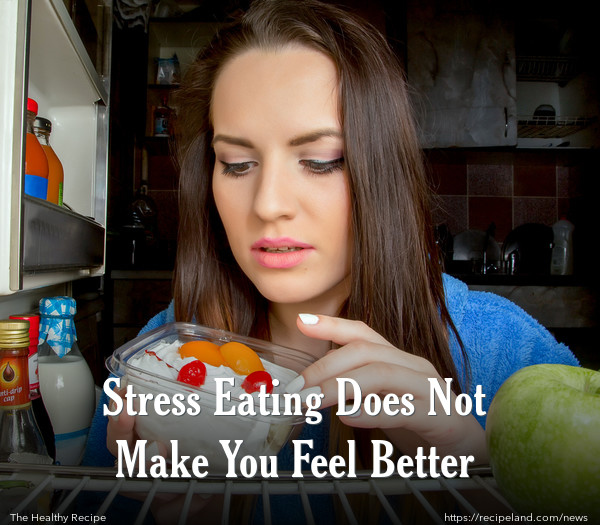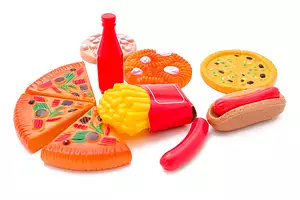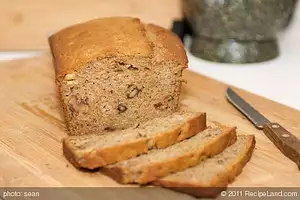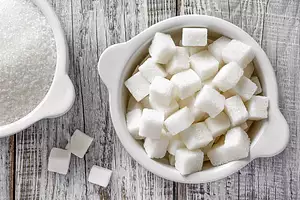Often, when we are feeling stressed, we experience cravings for certain “comfort” foods or snacks. Some may crave chocolate or ice cream, others perhaps wish for a glass of wine. But, it’s important to know that just because you are stressed, you will not necessarily enjoy indulging your craving.
A recent study in the Journal of Experimental Psychology: Animal Learning and Cognition showed that there are certain things that happen when we indulge our cravings.
Lead researcher, Eva Pool, states, "Usually the more we want a reward, the more we like it, however, while stress triggers an urgency that makes us prioritize obtaining a reward, that same state of urgency doesn't allow us to fully enjoy it."
The study examined a group of chocolate lovers who experienced stress after placing their hands in icy cold water. The participants demonstrated increased exertion when asked to smell chocolate, a favourite craving. The participants reported no increase in enjoyment of the smell of chocolate, despite trying hard to get a good whiff.
The motivation of a craving, or the wanting of some favourite food, and the actual enjoyment of the food are housed in different parts of the brain, which are independently activated. When we are stressed, the part of our brains that wants the item is stimulated, while the part of the brain that enjoys the item is not. Pool clarifies, "So our amplified desire for a reward under stress (for instance, craving for sweets) does not result in a parallel amplified enjoyment during the reward consumption."
What does all of this mean? The next time you are feeling stressed out and get a craving for a certain food, keep in mind that it may not actually help you feel any better. Instead, it can actually backfire on you. Pool explains, "Several studies suggest that eating comfort food under stress might lead to a vicious circle: Highly palatable food typical of the Western diet seems to impair cognitive abilities," Pool says. "And with depleted cognitive abilities, your stress coping strategies might become less effective, and thus your stress response even bigger."
Stress itself does not necessarily cause cravings. The cravings are a reaction for comfort, and come from the association that our brains make with efforts to control stress. Instead of reaching for something to ease your craving, examine the reasons you are having the craving and try a healthier solution, like a brisk walk, a chat with a friend or a great workout. These are better ways to ease your stress!










Comments